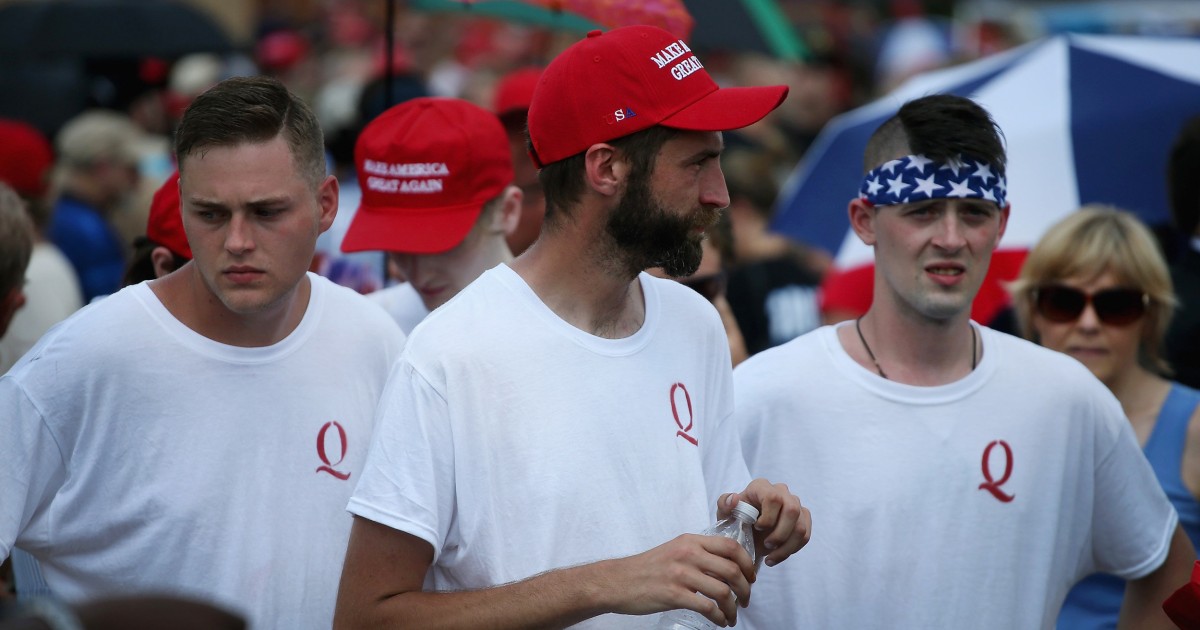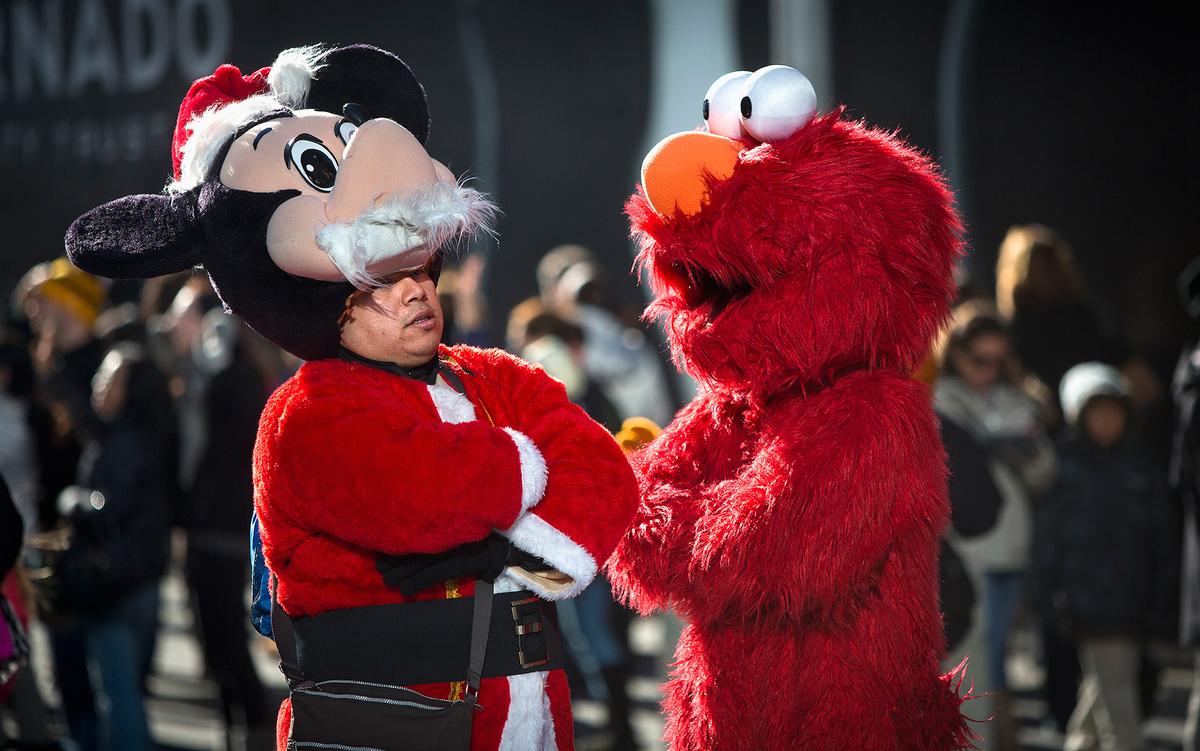Trying to find silver linings in the last four years, continued:
This period has certainly been a treasure trove of material for psychological analysis. In this instance, why has the Qanon conspiracy cult caught on with so many Americans? And how many of them will remain now that they were made fools of, on Inauguration Day?

 www.nbcnews.com
www.nbcnews.com
In a recent study conducted by myself, Karen Douglas and Clara De Inocencio, we further investigated why this could be the case. Our conclusion? Conspiracy theories reinforce a belief that nothing in the world happens through coincidence. This refusal to recognize the role of chance leads people to develop a worldview in which hostile and secret conspiracies permeate all layers of society.
Feelings of anxiety and uncertainty also help fuel conspiracy theories. Such emotions function as a psychological warning signal, leading people to try and make sense of societal events that frighten them. This helps to explain the widespread (and ongoing) speculation that followed impactful events such as 9/11 or the assassination of President John F. Kennedy. Together with Nils Jostmann and Michele Acker, we found that feelings of uncertainty, coupled with the feeling that your life is not fully in your control anymore, increases conspiracy thinking. Studies by others researchers confirm that emotions reflecting uncertainty — such as fear or worry — can increase conspiracy beliefs.
How many believers are among us here? We'll be able to guess by counting how many of them scoff at, mock, and dismiss this article.
This period has certainly been a treasure trove of material for psychological analysis. In this instance, why has the Qanon conspiracy cult caught on with so many Americans? And how many of them will remain now that they were made fools of, on Inauguration Day?

Opinion | The Qanon conspiracy is bizarre. A psychologist explains why its supporters aren't insane.
The fear that evil forces conspire to hurt good people is deeply rooted in the human psyche.
In a recent study conducted by myself, Karen Douglas and Clara De Inocencio, we further investigated why this could be the case. Our conclusion? Conspiracy theories reinforce a belief that nothing in the world happens through coincidence. This refusal to recognize the role of chance leads people to develop a worldview in which hostile and secret conspiracies permeate all layers of society.
Feelings of anxiety and uncertainty also help fuel conspiracy theories. Such emotions function as a psychological warning signal, leading people to try and make sense of societal events that frighten them. This helps to explain the widespread (and ongoing) speculation that followed impactful events such as 9/11 or the assassination of President John F. Kennedy. Together with Nils Jostmann and Michele Acker, we found that feelings of uncertainty, coupled with the feeling that your life is not fully in your control anymore, increases conspiracy thinking. Studies by others researchers confirm that emotions reflecting uncertainty — such as fear or worry — can increase conspiracy beliefs.
How many believers are among us here? We'll be able to guess by counting how many of them scoff at, mock, and dismiss this article.




